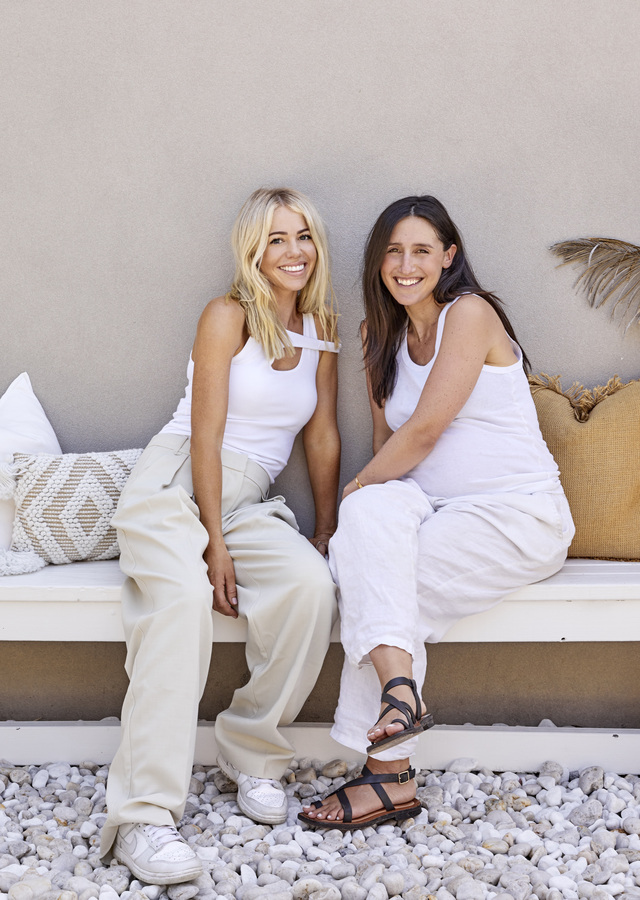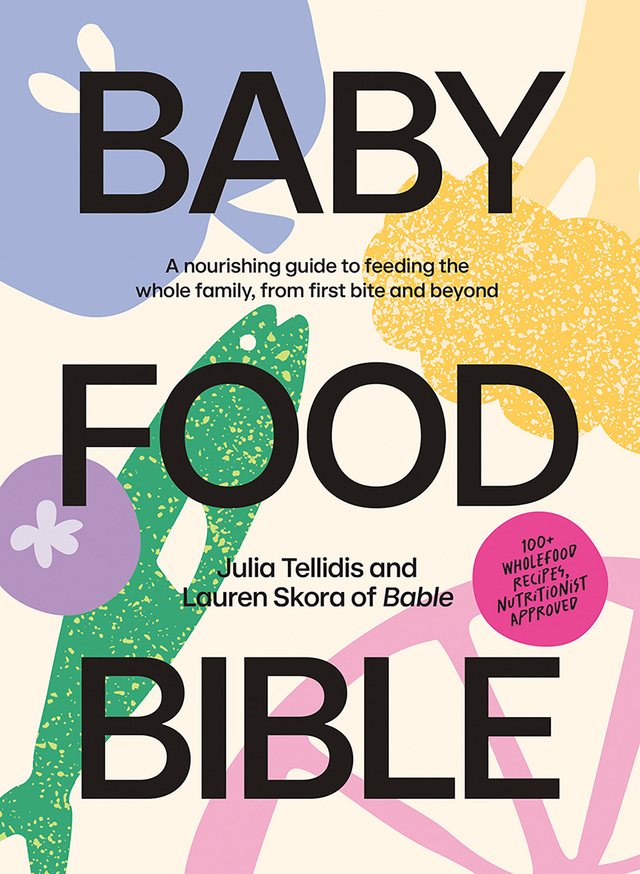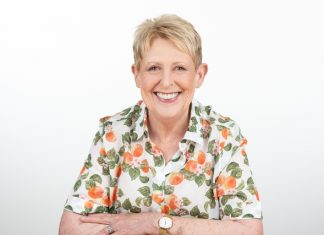By Casey Neill
Two busy mums have cooked up an easy and nutrition-packed guide to feeding not only your baby but your whole family.
Nutritionist Julia Tellidis and baby nutrition consultant Lauren Skora designed Baby Food Bible for modern, time-poor parents.
“We’ve streamlined the information to make it easy to digest,” the duo said.
“Our mission is to turn what can be daunting into a fun experience, offering parents clear, reliable guidance from the get-go.
“Our philosophy of ‘food is medicine’ is considered in every recipe.”
Lauren studied baby nutrition when the time came to start daughter Frankie on solids, while clinical nutritionist Jules found her knowledge bank overwhelming when introducing food to her son, George.
“We had countless conversations about the conflicting advice around starting solids and did lots of research between us, determined to get it right from the beginning,” they said.
“We quickly realised we were not alone and that lots of other parents also found the journey tricky.
“Together we developed our own recipes, which were not only balanced and nutrient-dense, but also designed to please even the pickiest of eaters, as well as cater to the whole family.”
They started sharing their recipes online and the response was overwhelming.
“We had found our purpose,” they said.
Baby Food Bible covers how to introduce solids, food safety tips, allergen advice, and recipes for breakfast, lunch, dinner, snacks, sweet treats, and condiments.
“Advice we often come across is that your baby needs to start solids at four months old,” they told Kids.
“Four months is really premature to start solids.
“When babies are ready for solids, they will show readiness signs like sitting up well with minimal support, good head, and neck control, and they should start showing an interest in food, usually closer to six months.”
As for starting the feeding journey with rice cereal…
“It’s certainly not our approach,” Lauren and Jules said.
“Rice cereal is commonly recommended as a first food as it’s fortified with iron, but synthetic iron is not absorbed in the body the way naturally occurring iron is.
“Secondly, rice cereal is really bland. We don’t want our babies’ first foods to be bland.
“We want to set them up to become adventurous eaters from the get-go.
“We have a small pocket of time from when they’re about six to nine months of age to offer a variety of flavours and textures to positively influence long-term eating habits.
“The first five years of a child’s life are absolutely crucial.
“We want to ensure we’re offering foods rich in the nutrients their growing bodies need.
“Good nutrition supports rapid brain development, helps establish a healthy gut and immune system, and, importantly, sets the stage for lifelong healthy eating habits and behaviours.”
This focus on nutrition can have a positive flow-on effect on the whole family.
“It’s like laying a solid foundation for everyone,” they said.
“Whether you’re feeding your baby or yourself, understanding the nutrients our bodies need, crafting balanced meals, and understanding the importance of food quality is key.
“Many parents prioritise their children’s nutrition and sometimes forget to take care of themselves – it’s understandable!
“Yet, being a role model for healthy eating habits sets the tone for the whole family.”








